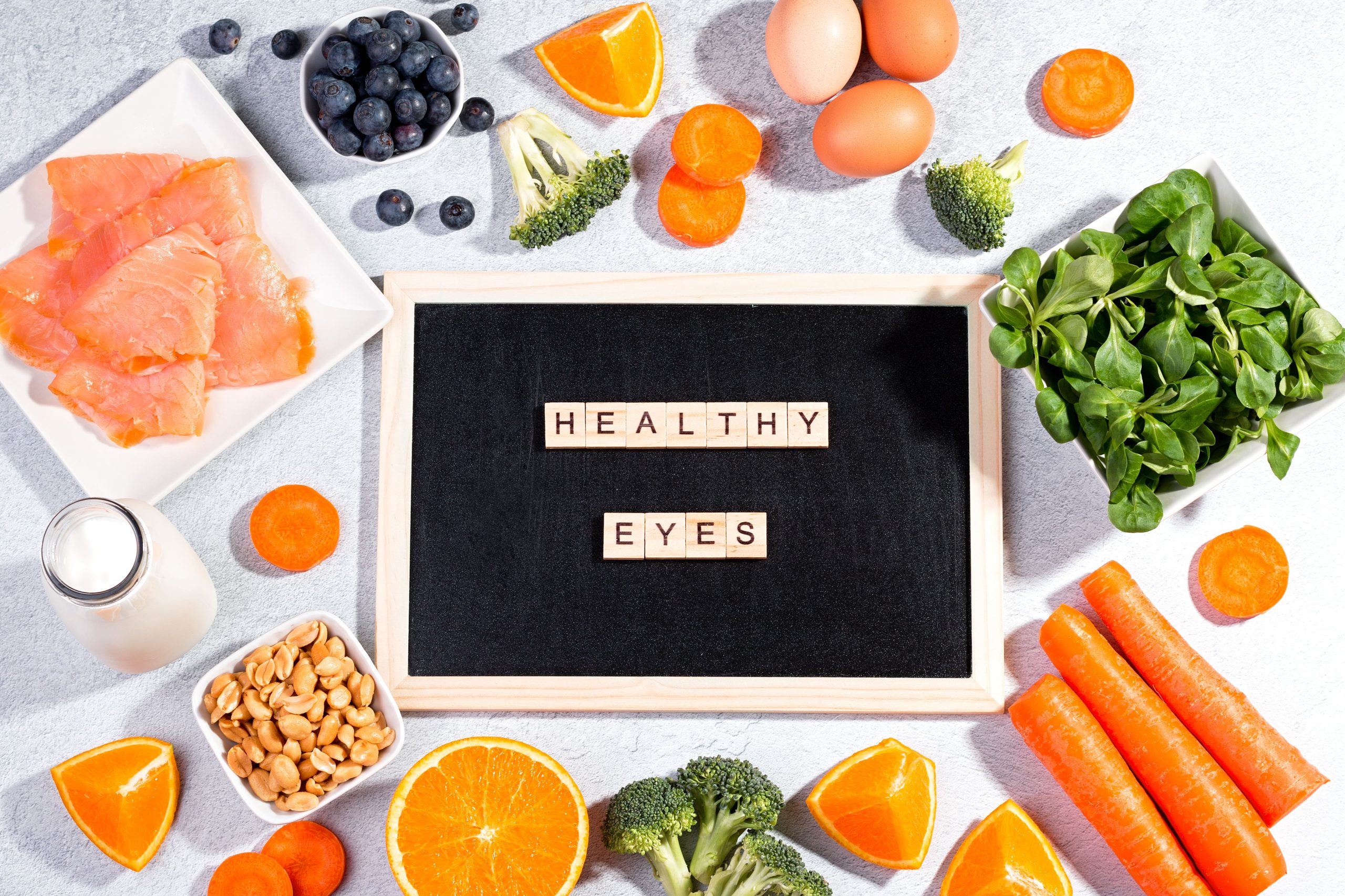Lutein is a nutrient found in dark leafy green vegetables and eggs. It is also available in supplement form. Lutein is important for eye health. It helps to protect the eyes from damage caused by ultraviolet (UV) light and other harmful substances. Lutein also helps to improve vision.
Lutein is found in the macula, the part of the eye responsible for central vision. The macula contains a high concentration of lutein and other carotenoids. These substances help to filter out harmful UV light. Lutein also helps to protect the eyes from age-related macular degeneration (AMD).
AMD is a leading cause of blindness in older adults. Lutein may help to reduce the risk of AMD by protecting the macula from damage. Lutein supplements have been shown to improve vision in people with AMD.
Lutein is also important for healthy skin and hair. It helps to protect the skin from damage caused by UV light and other harmful substances. Lutein also helps to improve skin elasticity and hydration.
Lutein supplements are generally safe and well-tolerated. Side effects are rare but may include upset stomach, diarrhea, and constipation. Lutein should be used with caution in people with diabetes or liver disease.
Lutein is an important nutrient for eye health. It helps to protect the eyes from damage caused by UV light and other harmful substances. Lutein also helps to improve vision. Lutein supplements are generally safe and well-tolerated.
What is the purpose of lutein?
Lutein is a nutrient found in leafy green vegetables, fruits, and eggs. It is also available as a dietary supplement. Lutein is used to prevent or treat low levels of lutein in the blood. Lutein is also used for macular degeneration and cataracts.
What is the purpose of lutein?
Lutein is an important nutrient for eye health. Lutein is found in high concentrations in the macula, the part of the eye responsible for central vision. Lutein helps to protect the macula from damage by filtering out harmful blue light. Lutein also plays an important role in maintaining healthy levels of cholesterol in the blood.
Lutein is thought to play a role in brain health as well. Some studies suggest that lutein may help to improve cognitive function and protect against age-related cognitive decline.
Lutein is a safe and effective nutrient that can be taken in supplement form or obtained from foods such as leafy green vegetables, eggs, and certain fruits.
What are the side effects of taking lutein?
As we age, our eyesight usually deteriorates. This is due to a number of factors, including the accumulation of a yellowish substance called “lutein” in the macula, the central area of the retina. Lutein is a carotenoid, a type of pigment found in many fruits and vegetables. It is also found in high concentrations in the eye, where it acts as an antioxidant and helps protect against age-related macular degeneration (AMD).
While lutein is essential for healthy eyesight, taking too much of it can lead to side effects. The most common side effect is yellowing of the skin (jaundice). This is because lutein is a yellow pigment and when taken in large amounts, it can deposit in the skin and cause a yellowish discoloration.
Other side effects of taking lutein include:
• Diarrhea
• Nausea
• Vomiting
• Stomach pain
• Headache
• dizziness
• Muscle pain
• Joint pain
If you experience any of these side effects after taking lutein, stop taking the supplement and see your doctor. These side effects should go away within a few days.









